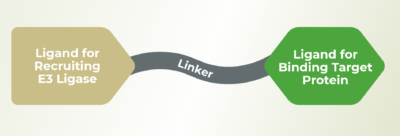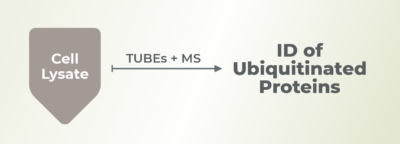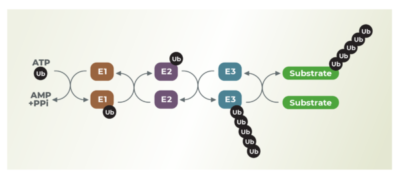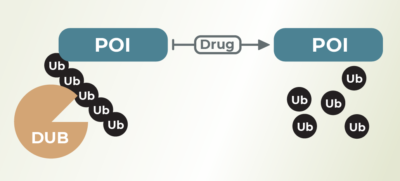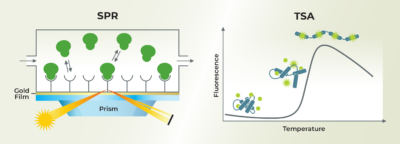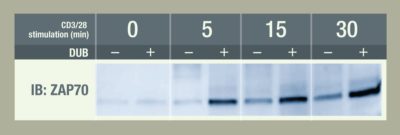Our Services
LifeSensors’ goal is to help researchers find solutions to the most complex problems related to the diverse UPS. Properly leveraging our ubiquitin products, TUBE technologies, and SUMO-fusion systems can help you to discover and develop targeted drugs from this complex pathway. We offer a variety of services employing our technology that will accelerate PROTAC and UPS drug discovery.
As a LifeSensors customer, your project begins with a consultation with members of our team to discuss target(s), project goals, assay formats, and assay parameters. The consultation will determine how experiments such as cell culture, assay development, technology transfer, and drug treatment will be divided between you and LifeSensors. Then, a statement of work plan and a timeline of deliverables will be agreed. The project likely will feature regular updates and conclude with a final report. Assay reagents may be purchased from a vendor or customized for your project.
By collaborating with LifeSensors for PROTAC or UPS drug discovery needs, you will obtain the data required to advance compounds from early stage discovery and characterization to animal and clinical studies.

